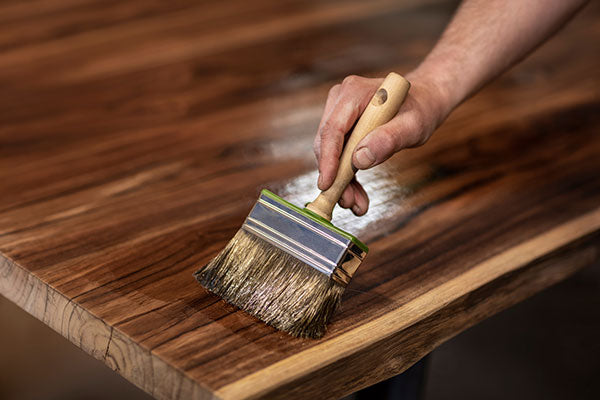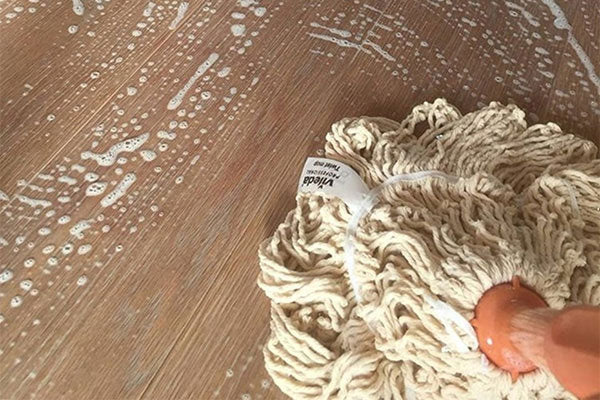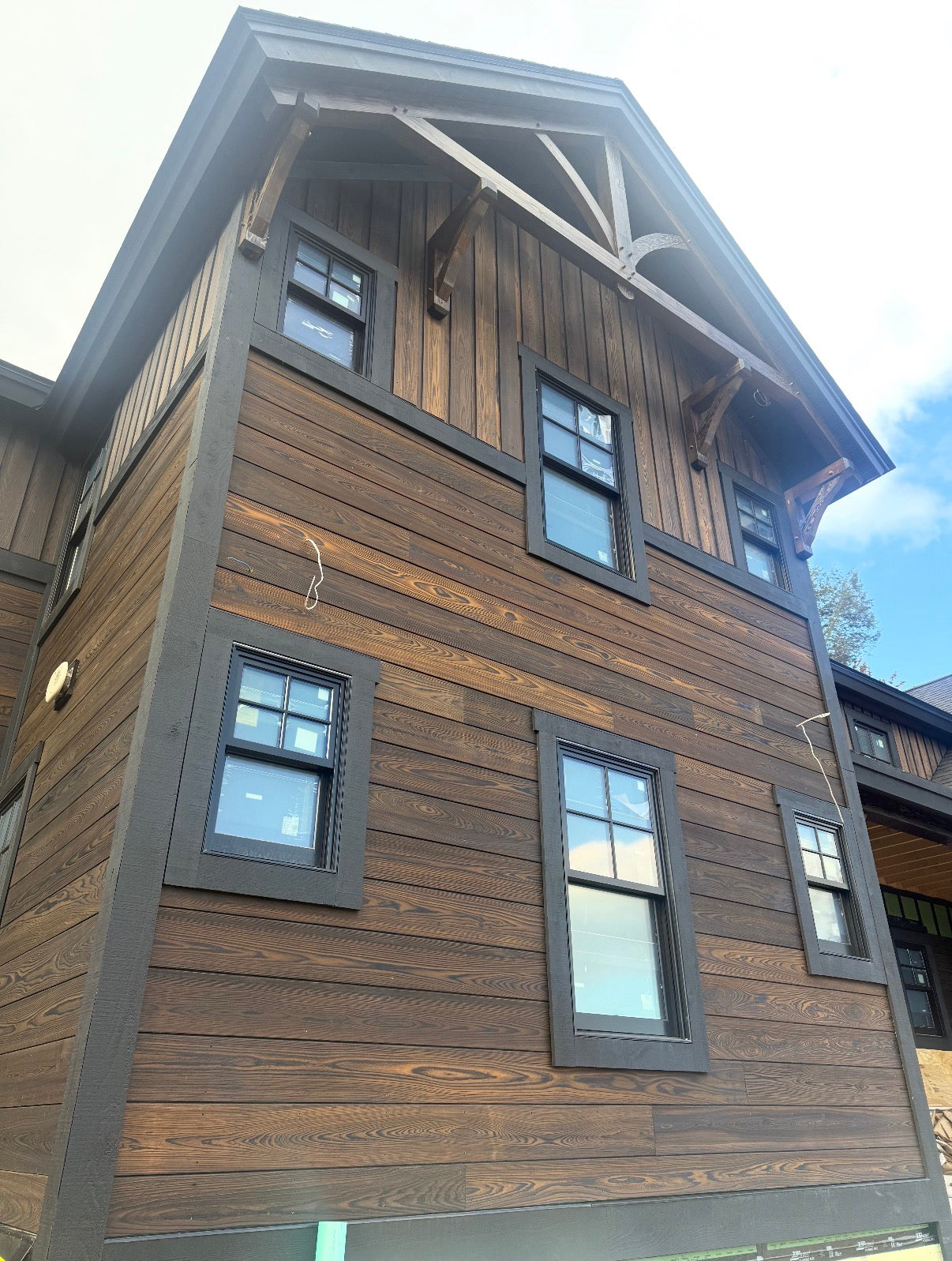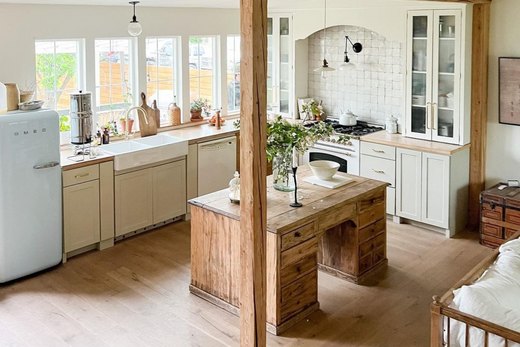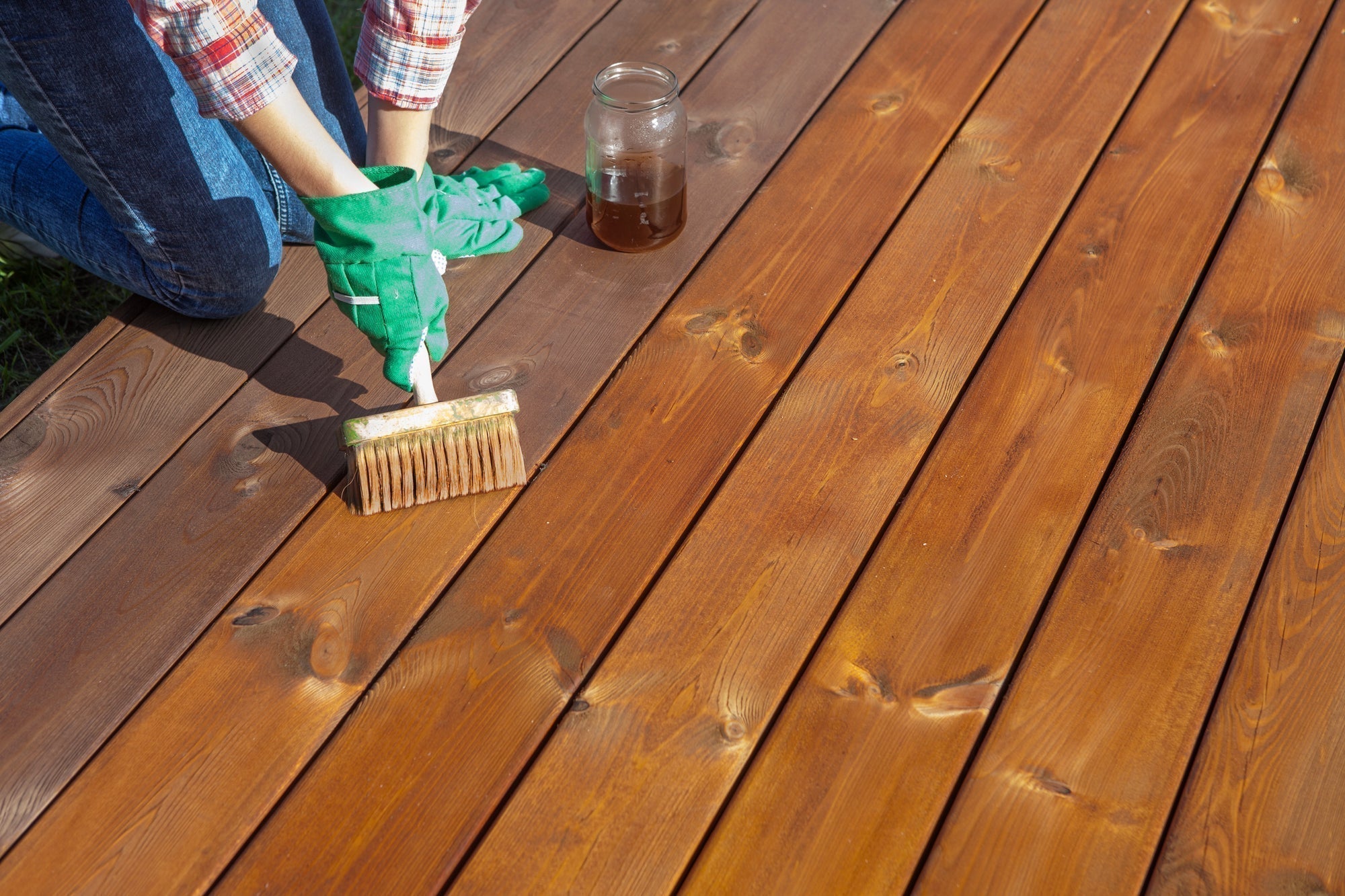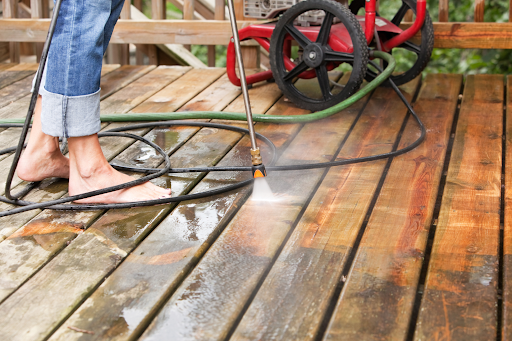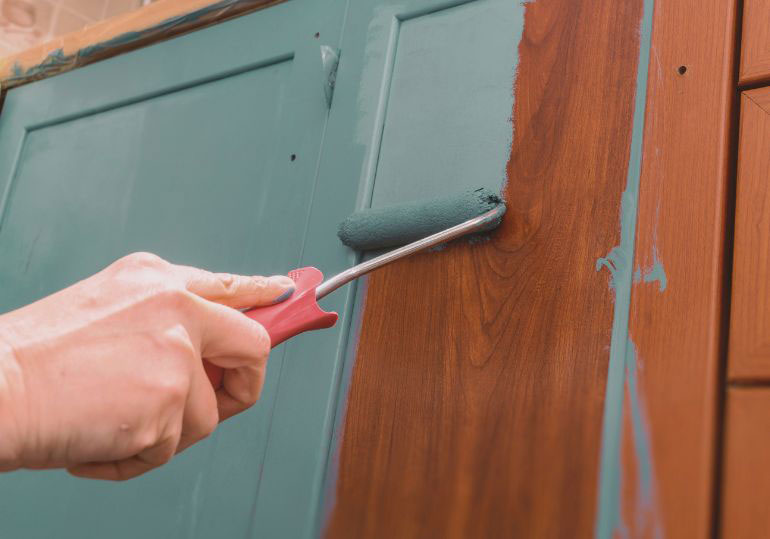WOCA Woodcare Blog
Welcome to the WOCA Woodcare Blog, a valuable resource for anyone interested in maintaining and enhancing the beauty of wood. We are passionate about all things wood, and we hope our articles inspire you to fall in love with wood, too. Our articles are sorted into the categories listed below.
How To Guides
Step-by-step tutorials & projects that help users solve woodcare challenges (e.g., “How to Stain Outdoor Wood Furniture”)
Interior Wood & Furniture Care
Tips on maintenance of flooring, countertops, cabinets, and furniture.
WOCA Wood Projects
Customer stories, real-life restoration projects, and creative DIY builds featuring WOCA products.
Outdoor Wood & Deck Care
Seasonal prep, deck cleaning, and maintenance (e.g., “How to Winterize Your Patio”
Expert Tips on Exterior Wood Care & Maintenance
Wood Finishing & Restoration
Staining, refinishing, and oil treatments for both new and old wood surfaces.
Expert Tips & Advice
Deep dives into common wood care topics, answering FAQs and debunking myths.


